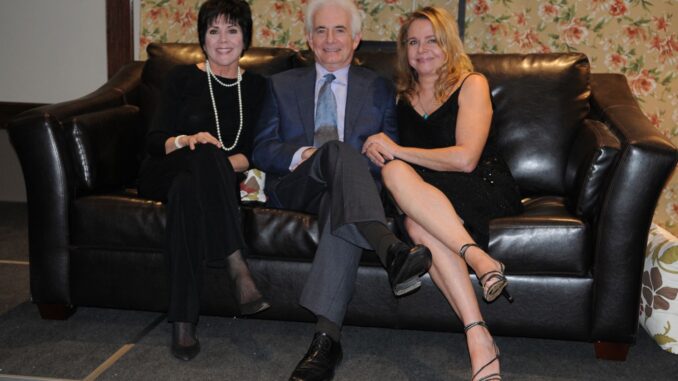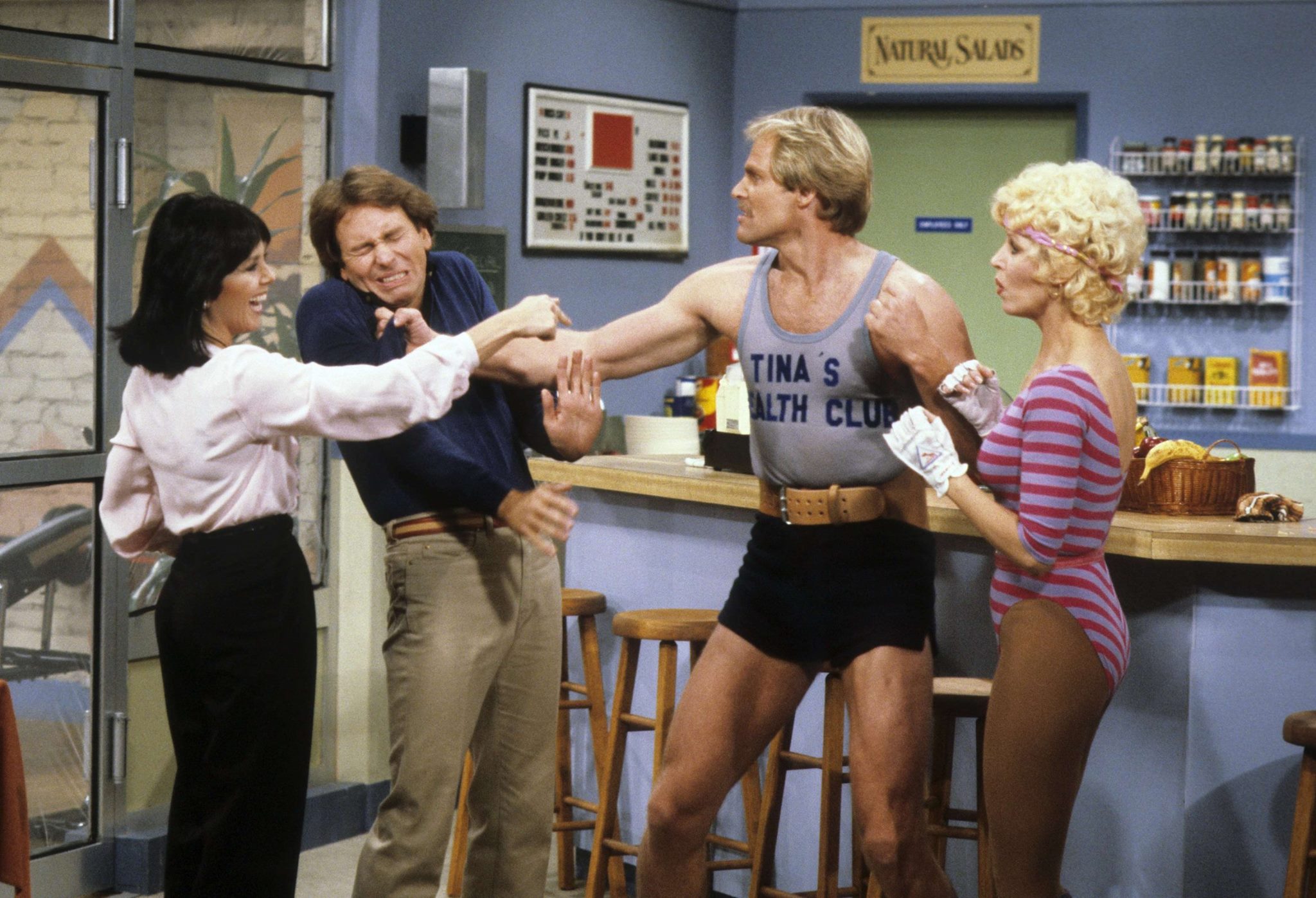
The hit sitcom Three’s Company not only made audiences laugh out loud during its 8 seasons on air, but it was also a behind-the-scenes “battlefield” with salary disputes, power struggles, and constant discord between the actors. Under the humorous cover, few people know that internal tensions contributed to pushing the legendary show to the brink of collapse.
Three’s Company – Unprecedented Success
Airing from 1977 to 1984 on ABC, Three’s Company was the American version of the British sitcom Man About the House. After just a few episodes, the show immediately became a hit thanks to the formula:
A bachelor (Jack Tripper – John Ritter)
Two roommates (Chrissy Snow – Suzanne Somers and Janet Wood – Joyce DeWitt)
The “pretending to be gay” situation to rent a house.
With sky-high ratings, the cast quickly became the most sought-after stars on American television at the time.
The Tense Salary War
In 1980, drama broke out when Suzanne Somers, who played Chrissy Snow, decided to demand the same salary as her male colleague John Ritter.
Somers demanded:
$150,000/episode (instead of $30,000 as before),
10% of the series’ profits.
In an interview, Somers bluntly declared:
“I’m the one who helped drive the ratings. I deserve to be paid like Johnny Carson.”
This request angered the producers and ABC. Because at that time, an actress demanding the same salary as a male lead was considered “insolent”, especially in the context of Hollywood still being a man’s world.
The Strike and the Aftermath
Suzanne Somers, with the support of her husband and manager, Alan Hamel, insisted on a raise.
To put pressure on her, Somers skipped several episodes and appeared only through phone calls (recorded separately). This interruption caused chaos for the entire crew.
John Ritter and Joyce DeWitt felt betrayed by Somers “abandoning” her co-star and undermining the team’s cohesion.
Result:
The producers fired Suzanne Somers at the end of season 5.
Chrissy was replaced by Cindy Snow (Jenilee Harrison) and then Terri Alden (Priscilla Barnes).
The relationship between Somers and DeWitt was almost completely severed for decades.

The Discord That Lasted for Decades
While John Ritter maintained a friendship with both actresses, DeWitt and Somers did not see each other for more than 30 years.
Many times the press interviewed them, both sides avoided the question or only said cold words.
It was not until 2012 that Somers and DeWitt reunited on the talk show Suzanne Somers Breaking Through. They cried, hugged, and Somers admitted:
“I messed up. I’m sorry for ruining our friendship.”
Impact on the Show
Chrissy Snow’s departure left an irreplaceable void. Despite the new actresses’ popularity, Three’s Company’s ratings began to decline:
Season 6: Still in the Top 10 but no longer the phenomenon it once was.
Seasons 7-8: Dropped in ratings, poor ratings.
1984: The show was canceled, leaving the spin-off Three’s a Crowd but it was not successful.
Lessons Behind the Drama
The behind-the-scenes drama Three’s Company reflects many social issues:
Gender inequality in pay.
The sacrifices and pressures of the entertainment industry.
The importance of solidarity in the crew.
Despite being fired, Suzanne Somers later went on to have great success in business and television shows, becoming a feminist icon in Hollywood.
Conclusion
Three’s Company is not only a legendary sitcom that made America laugh throughout the 70s and 80s. It is also a complex story about fame, power, and personal relationships challenged by fame and money.
